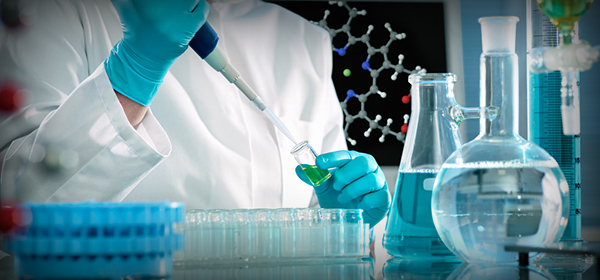After a long battle between a Queensland grandmother and a major US corporation, the High Court has ruled that the breast cancer gene BRCA-1 cannot be patented.
In what has been described as a David and Goliath battle, two-time breast cancer survivor Yvonne D’arcy has won her High Court challenge over the ownership of the patent by US company Myriad Genetics.
Ms D’arcy, 69, initiated her fight due to concerns that the ownership of the BRCA-1 and BRCA-2 genes by a commercial entity could stifle important research that may potentially lead to more affordable treatment of breast cancer and other genetic diseases.
Ms D’arcy argued that because the genes occurred naturally, or were discovered rather than invented, they could not be patented under Australian law. The US Supreme Court had also previously ruled that the naturally occurring DNA could not be patented.
“For all those people who do have the genetic footprint for breast cancer or any cancer basically, it’s a win for them because now they’re forewarned,” she said. “The testing will be a lot cheaper and it will be more available … rather than using only Myriad’s agents at a price that nobody really can afford.”
The BRCA-1 gene received some notoriety when actress Angelina Jolie underwent a double mastectomy in 2013 after she learned that she too carried the gene which had led to the deaths of several women in her own family.
Read more at Australian Financial Review
Read more at www.abc.net.au
Opinion: Will this affect future research?
Whilst the High Court’s decision is being seen as a victory for those who argue against companies laying claim to ownership of human genetic information, others are saying the decision could have the negative effect of discouraging corporate investment which, in turn, leads to greater competition in medical research and innovation.
Medical research costs billions and the companies that pour this type of money into such research no doubt deserve to profit from it. But at what cost to the individual? I mean, corporate ownership of your DNA is surely some sort of privacy breach. To think that a corporation could own the right to something that makes you ‘you’ is quite a scary thought.
And although it is comforting for us to know that we are one step closer to owning our own bodies (and their contents), it is still important to keep in mind that without such patents, corporations may take a step back from funding innovative medical research that could benefit us all.
I’m not saying that I think any company should have the right to own our DNA, but the prevention of future genetic patents does pose some interesting questions.
If corporations are prohibited from profiting from such research, treatments, medicines and cures may still come, but they may not happen in as timely a manner. And if you’re on death’s doorstep, and it’s the difference between a cure and the right to own your own DNA, which would you choose?
According to the head of Slater and Gordon’s medical law practice Bill Madden, the Federal Government needs to decide what can and cannot be patented in the future by medical and pharmaceutical research companies.
This ruling alone may pave the way for more companies to have the right to invest in research that helps to prevent breast and ovarian cancer or leads to more affordable treatments but, perhaps more importantly, it may also provide a case study for how similar genetic patent cases could work.
How do you feel about this ruling? Does the fact that corporations could potentially own patents on human genetics worry you? Or do you feel that the companies that spend on this type of medical research deserve to profit? Do you have an issue with this trade off? If you were diagnosed with a terminal illness, would you have a problem with choosing between a company owning your DNA and a potential cure?

